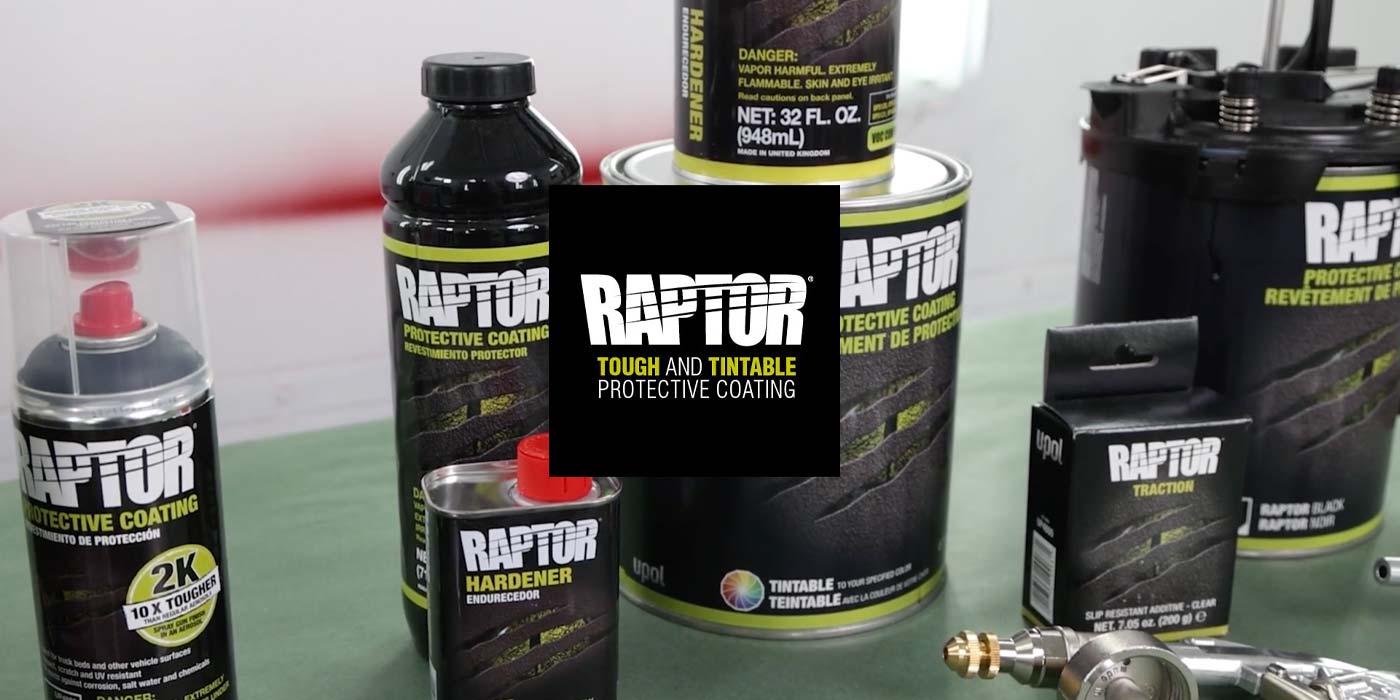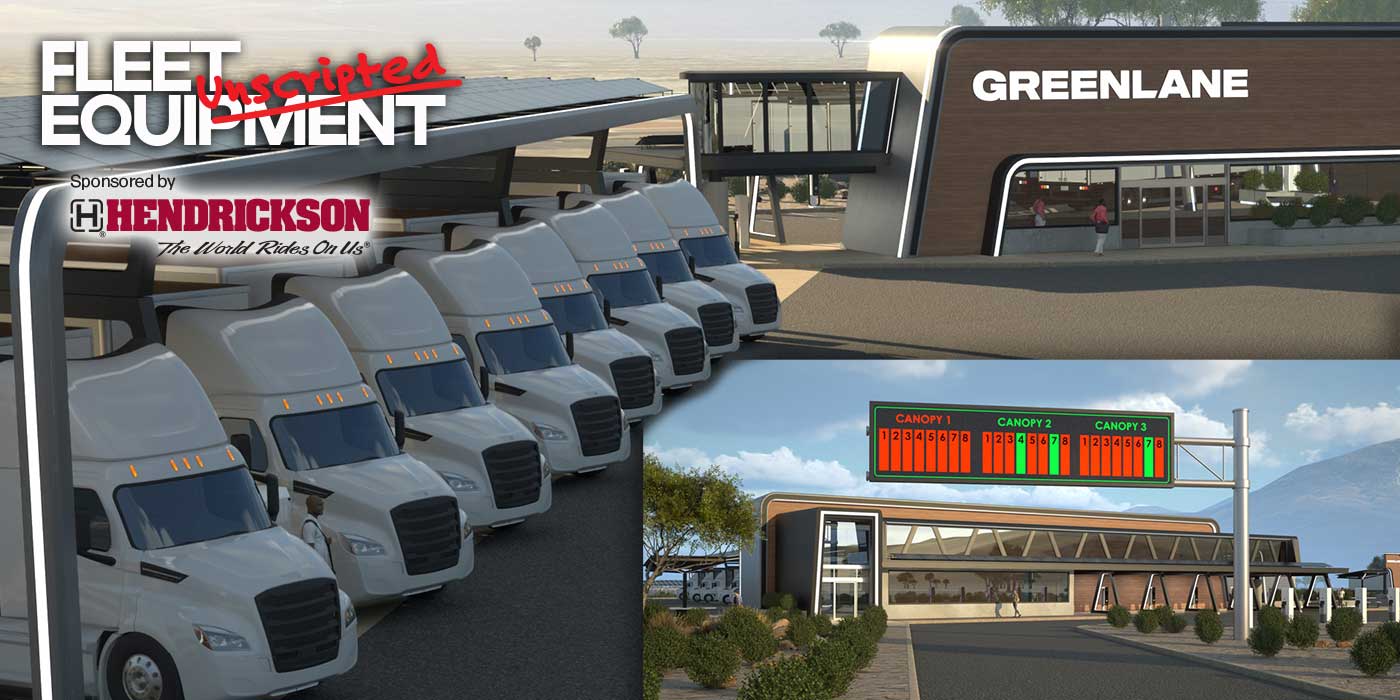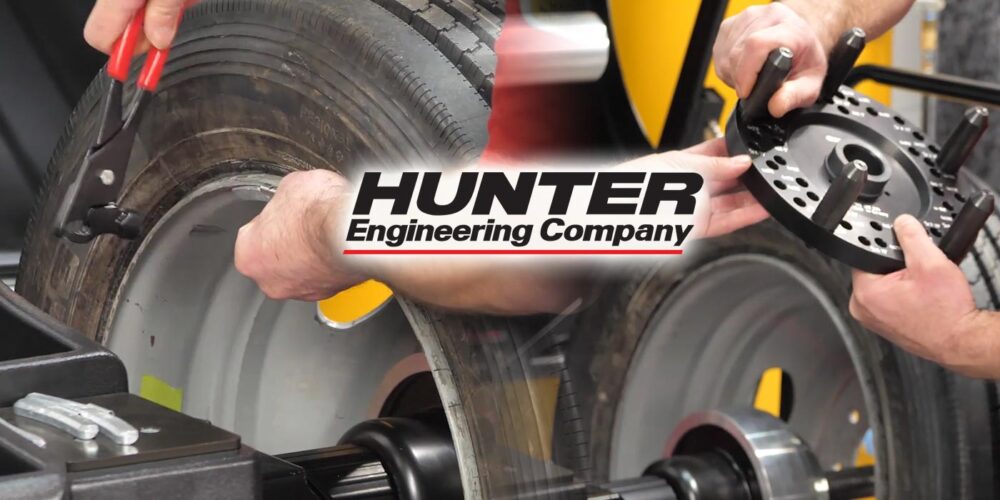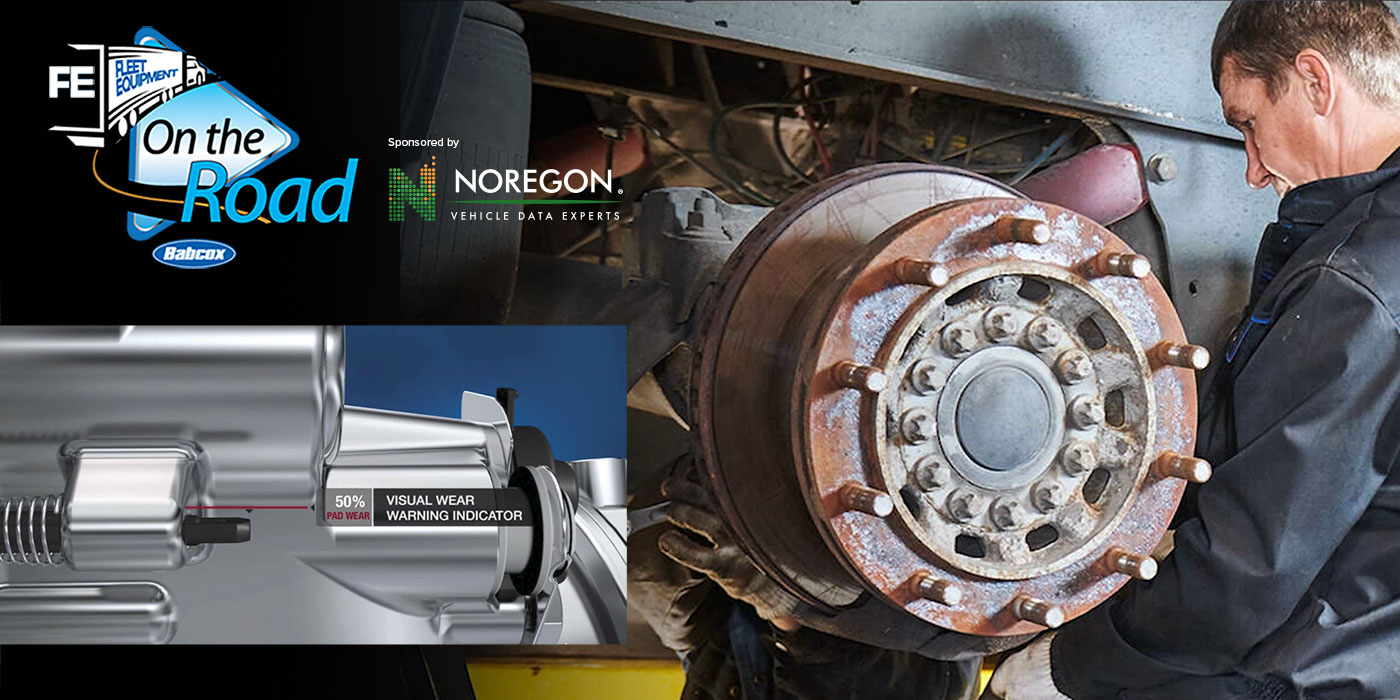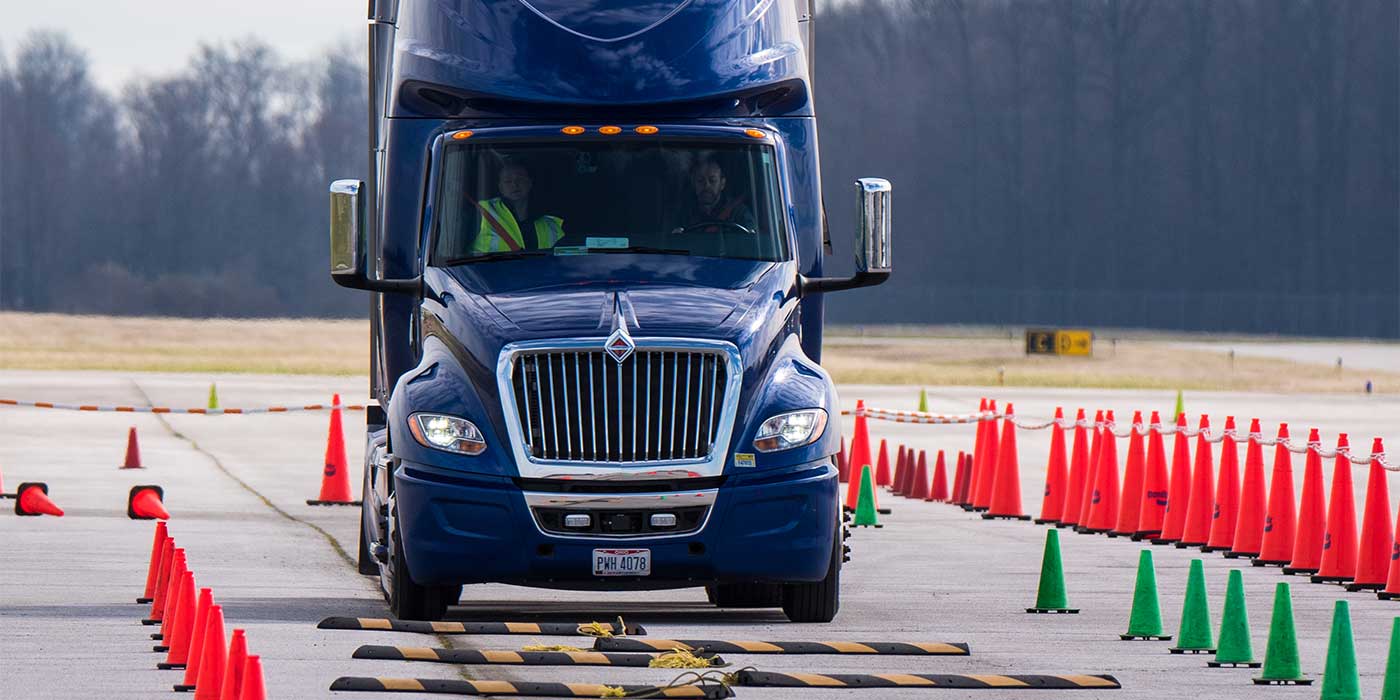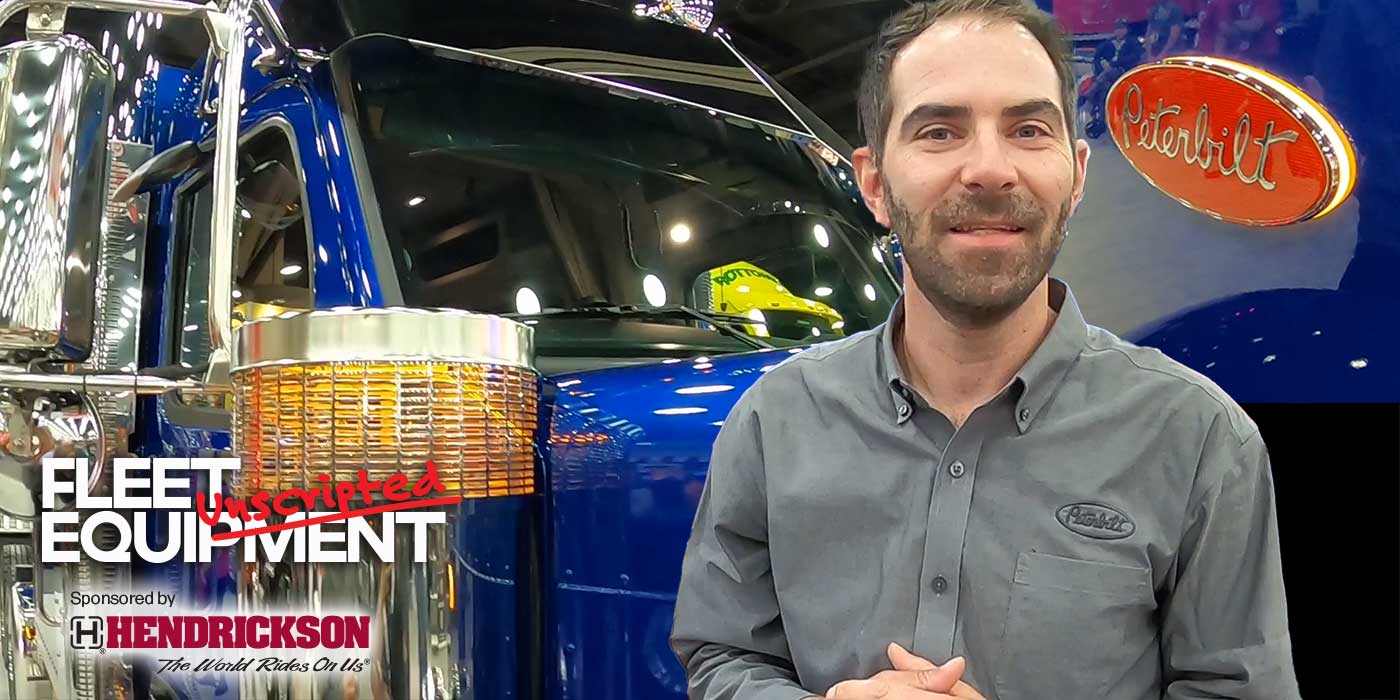In the ever-evolving landscape of the heavy-duty market, new technology surges forth, ushering in a wave of opportunity and challenges for technicians who need to grow their skill sets. Not only is it important to recognize and celebrate the dedication these techs have poured into mastering every facet of internal combustion engine service, but it’s equally important to evolve the training curriculum to reflect the industry’s trends. While attending Cox Automotive’s Top Tech Competition in Indianapolis, I sat down with Cox Automotive executives to gain some insight into how technology and zero emissions vehicle adoption is impacting technician training.
According to Ted Coltrain, vice president of operations for Cox Automotive Mobility, the majority of today’s technicians are interested and want to learn about the new technology being adopted by fleets to maintain relevancy and competitiveness in the field of service repair.
“We’ve got advanced training there that we opened up a little over a year ago for established technicians,” he said. “We’re learning all the new technology that’s happening from an industry standpoint, from EVs, to, of course, ADAS, and everything that’s coming down the pike. We’re doing that so that we can provide a better experience through our technicians.
New technology is being integrated into the training courses offered by Cox. According to Terry Rivers, their vice president of maintenance, about 10% of their graduates from this year are EV certified, a stark difference from the 0% the year before. As the years go on, Rivers anticipates that the number will continue to grow.
For the ones just starting out in the industry, a total of 16 weeks is required at the FleetTech academy to gain a proper understanding of the job demands: Four in the classroom, six in the field, and six weeks back in the class to build upon the foundation set in the field. Supplying its students with a toolbox, the skills needed to service commercial vehicles, and income while attending the class, Cox Mobility says it has seen a high success and retention rate from their previous graduating classes of certified techs.
At the event, a dedicated group of 30 finalists, selected from 1000 nominations, engaged in showcasing their technical knowledge and application across three distinct competition categories: light-/medium-duty, heavy-duty and trailer servicing.
EV Safety, electronic diagnostic tools, hydraulic brakes, wheel end, drive lines, computer-aided diagnostics, liftgates, preventative maintenance, braking systems and ADAS were just some of the 15 testing stations in each category for them to demonstrate their knowledge.
Demonstrating their understanding at every station, the highly skilled technicians took pride in their work. Mike Dickinson, vice president of sales for Cox Automotive Mobility, elaborated on this point:
“What these guys are doing right now is awesome, and it’s really impressive. If you get a chance to go watch how focused they are. They’re going to all these different stations, and it’s wheel-end, AC, electrical, safety and liftgate. They walk up to the station, they know what the issue is. They’ve got to go diagnose it and fix it, and they’re all rock stars.”
While the interest in hands-on learning is among one of the several character traits shared between technicians, Dickinson pointed out that the industry acts as a melting pot for those coming from various walks of life. Be it military veterans, pharmaceutical professionals, the young, the seasoned, males, or females, the pursuit of becoming a technician unites disparate groups under a common and compelling interest.
“As a mobile technician, you have a lot of autonomy. You’re not going to a shop every day. It’s not as repetitive. You’re the customer-facing employee. You are the scheduler. You’re the parts guy. You’re the sales person, in some cases,” Dickinson said. “We challenge our mobile techs to do a lot. I think that’s an appealing job for somebody to come in and have that independence.”
Ted continued this thought: “It’s well known that the industry has a shortage. When you’re looking to make a change, there’s opportunity in our space, there’s a career path in our space. People can join as a technician, and make a very nice living for their family, or they can grow their career into these roles. One of the barriers to enter is the skill, but another big barrier to enter is the immediate investment needed in a tool set.”
“We knock down both those barriers for our technicians, or for our FleeTec students. If you already have that desire, to have the autonomy, to work with your hands, join an industry that, while nothing really recession proof, we’re always going to need maintenance people.”
The competition not only shed light on the diverse range of skill sets required to be a proficient technician, but also showed that the advancements in the industry aren’t stopping technicians from taking on the new technology coming into their service bays.
Fleet Equipment’s On The Road is sponsored by Wix Filters. Subscribe to our newsletter to catch every episode as we dive into the best practices and servicing information to keep your trucks On The Road.

